Edit Content
Edit Content
Edit Content
Edit Content
Edit Content
Edit Content
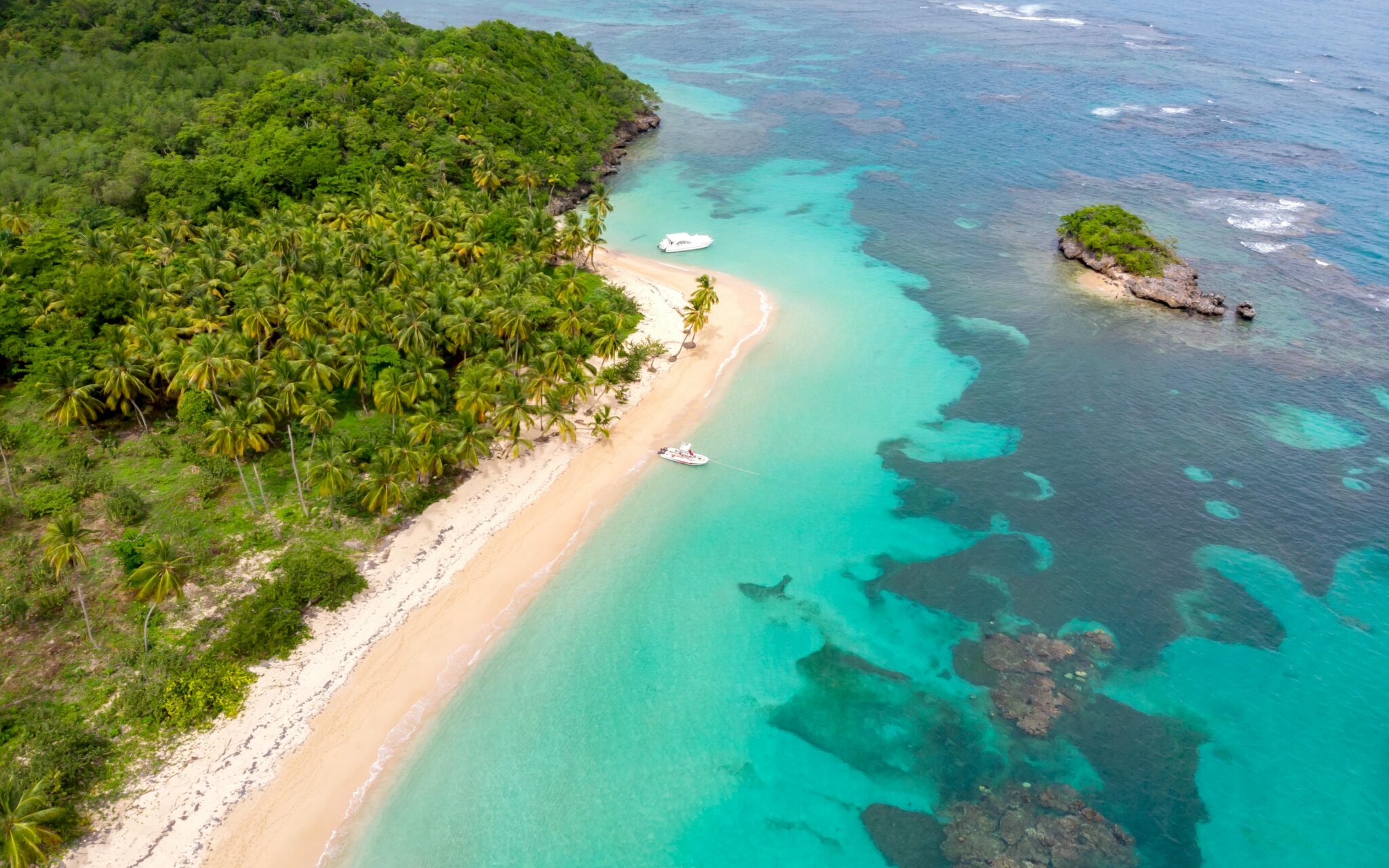
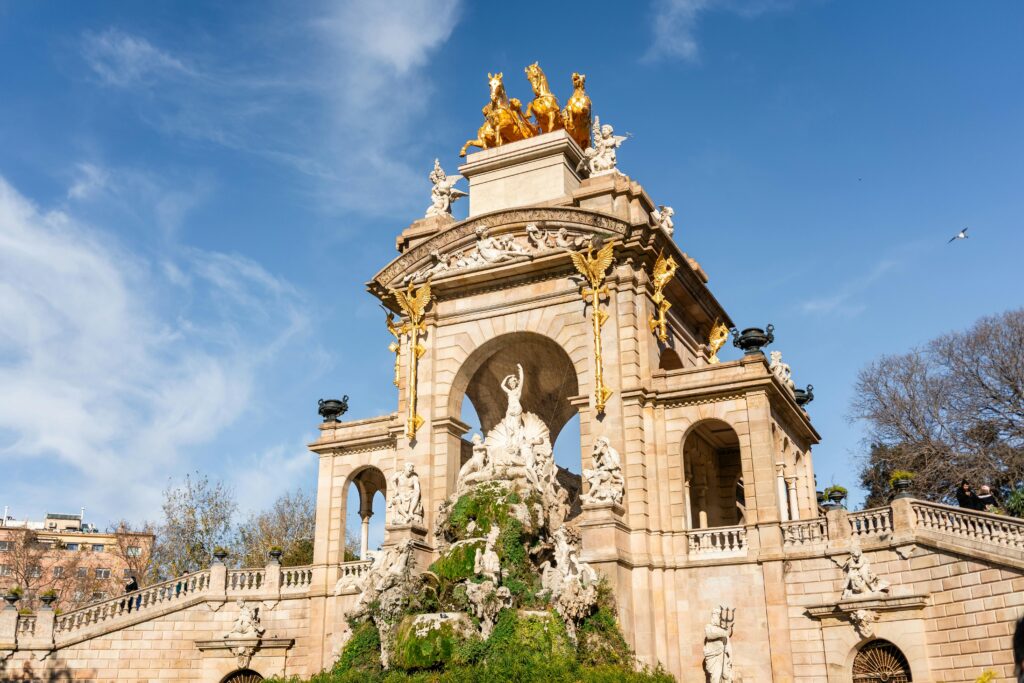
A foreign entity is a legal person formed under the laws of a foreign country, having a place of business in Algeria. Mainly, there are three types of foreign business entities in Algeria:
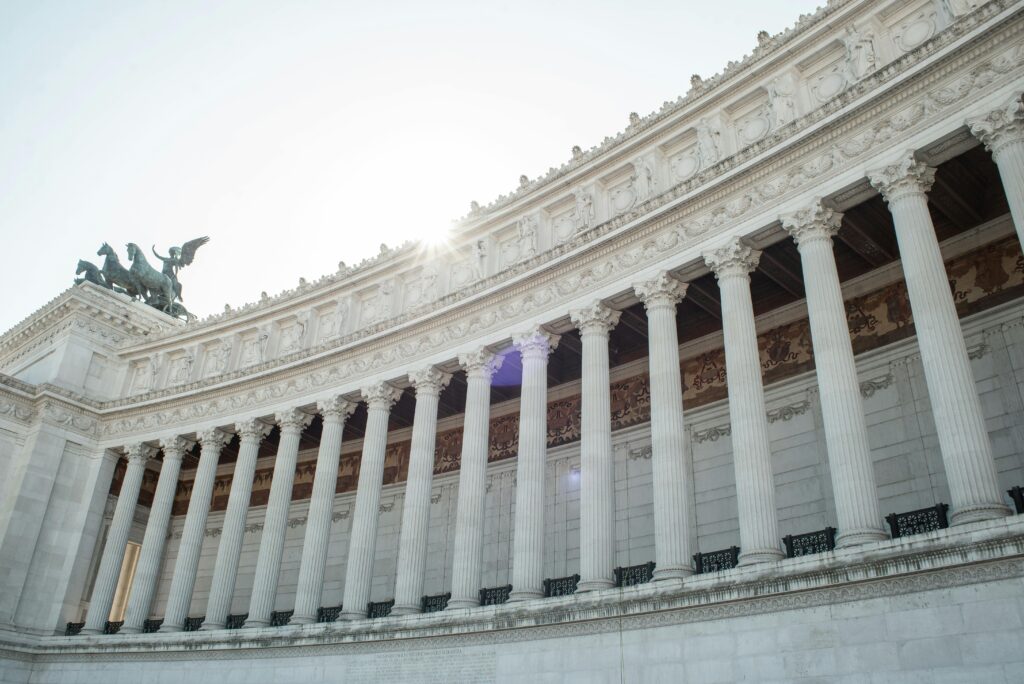
A Joint Stock Company (JSC) is a business that is owned by investors who hold stock in the business. The shareholders’ liability is capped at the value of their share capital. A JSC must have at least five shareholders in order to be formed.
In Comoros, a limited liability company is a common option for small- and medium-sized businesses. LLCs offer their owners a limited amount of liability protection, and the company’s profits and losses are transferred to the owners’ individual tax returns.
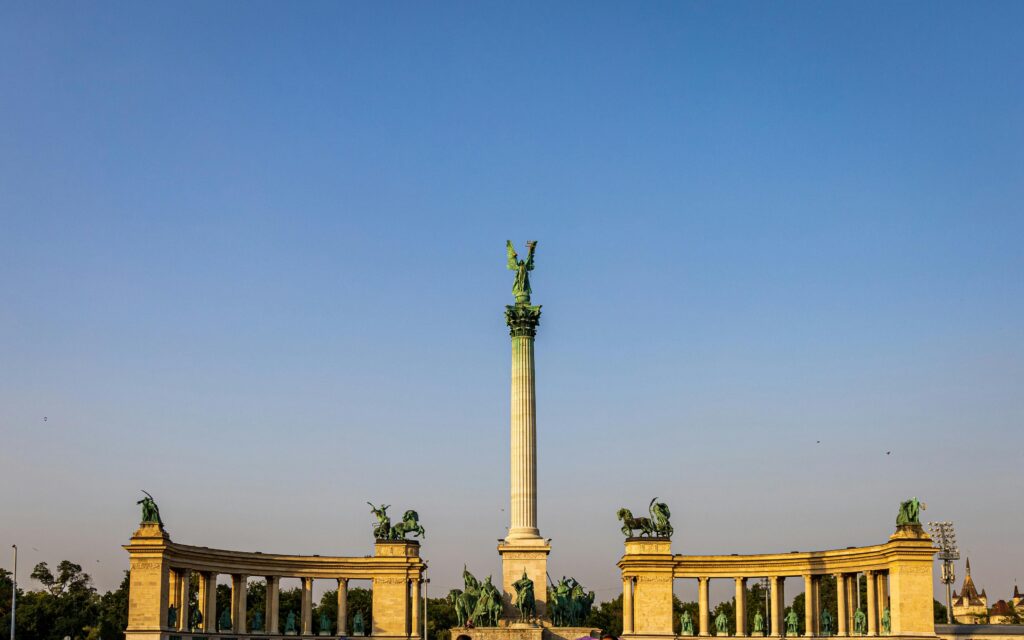
Like a joint stock company, a public limited company is subject to more disclosure and transparency regulations. For larger, publicly traded businesses in Comoros, PLCs are frequently used.
A sole proprietorship is a type of company in that is owned and operated by a single individual. The owner is fully responsible for all aspects of the business, including any debts or legal liabilities that may arise.
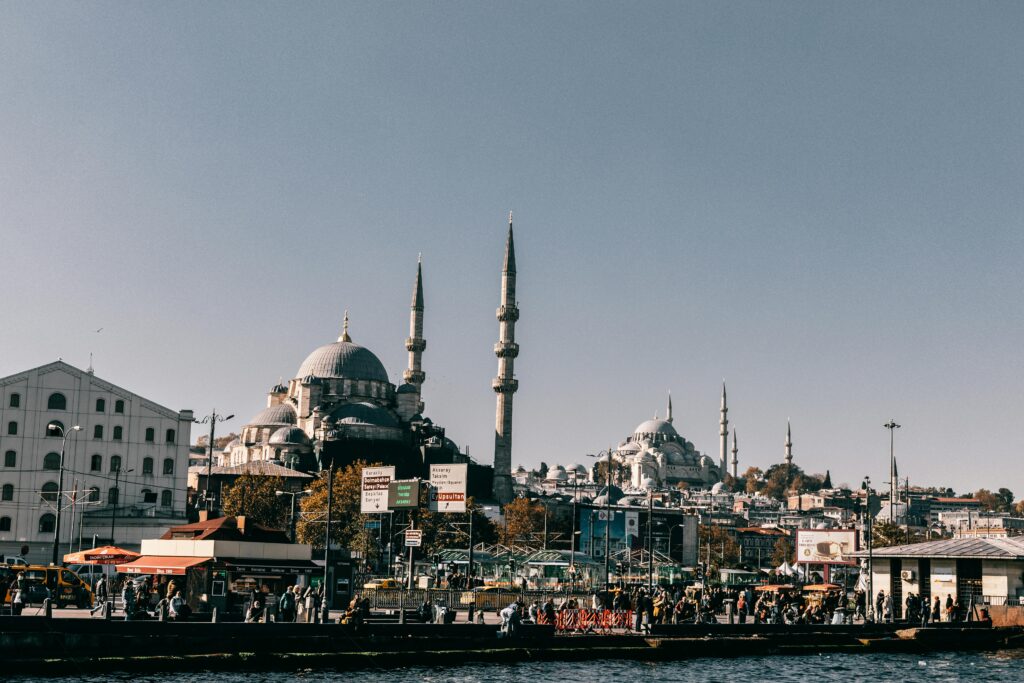
We have a team of professionals to help you with all your business needs. So, that you can focus on business expansion in Republic of the Congo.
Please feel free to email us on enquiries@chandrawatpartners.com
With a population of 97,095,825 the Republic of Congo, also called Congo-Brazzaville, is a nation in Central Africa. The nation has a developing economy that provides opportunities for foreign business and investment, as well as a wealth of natural resources, including oil, timber, and minerals.
Congo is ranked 163 out of 190 nations for business ease in the World Bank’s “Doing Business 2022” report.
Congo is a desirable location for foreign investment because of its numerous trade agreements and partnerships. The nation is a part of the Central African Economic and Monetary Community (CEMAC) and the Economic Community of Central African States (ECCAS), which give it access to a market with more than 150 million consumers. Additionally, the Congo has preferential trade agreements with a number of nations, including the United States and the European Union.
The Central African nation of the Republic of Congo, also called Congo-Brazzaville, has a number of benefits to offer companies looking to expand there. The Republic of Congo has developed into a desirable location for foreign investment due to its wealth of natural resources, friendly business climate, strategic location, expanding economy, and skilled labor force.
Large oil, gas, mineral, and timber reserves make the Republic of Congo an appealing location for companies involved in these industries. The nation also enjoys a prosperous agricultural sector with opportunities in crops like cocoa, coffee, palm oil, and others.
The Congolese government has implemented policies that encourage foreign investment, including streamlined business registration procedures, tax breaks, and flexible labor laws. For businesses to establish themselves and prosper in the nation, this environment has made it easier.
Over the past few years, the Congolese economy has been expanding steadily. The government has identified several key sectors for investment, including infrastructure, mining, and agriculture. The country’s GDP growth rate has typically been around 6.50% annually.
The cost of living in Comoros is relatively low, which results in low labor costs for businesses. Because of this, it is a desirable location for businesses that want to minimize their costs.
Due to its central African location, the Republic of Congo serves as an excellent entry point to many other African nations. The nation, which borders Gabon, Cameroon, the Central African Republic, the Democratic Republic of the Congo, and Angola, is located on the west coast of Central Africa.
The tax system in the Republic of Congo, also known as Congo-Brazzaville, is comparatively simple and business-friendly. The tax code of the nation is based on the territorial principle, which states that only income and profits earned within the borders of the nation are subject to taxation.
In the Republic of Congo, the corporate tax rate is 28%. Companies that are incorporated or have their primary place of business in the nation are considered resident companies and are subject to this tax on their profits.
Non-resident companies that do business in the Republic of Congo are subject to a withholding tax of 20% on their income earned in the country.
Individuals in the Republic of the Congo are subject to income tax on their worldwide income. The tax is levied on a progressive basis, with higher rates applied to higher income levels.
Individuals may be subject to taxation in Republic of the Congo:
Income up to XAF 464,000: 1%
Income from XAF4,64,000 to 1,000,000 : 10%
Income from XAF 1,000,000 to 3,000,000: 25%
Income above XAF 3,000,000: 40%
The value added at each stage of the production and distribution of goods and services is subject to this tax. In the Republic of Congo, the VAT rate is 18% for the majority of goods and services, with a reduced rate of 9% for a few items.
This tax is levied on the value of real property such as land, buildings, and other immovable property.
In the Republic of the Congo, annual property taxes are assessed against a property’s assessed value. The location and the type of property affect the rate. In general, residential property tax rates are lower than those for commercial property.
A foreign entity is a legal person formed under the laws of a foreign country, having a place of business in Algeria. Mainly, there are three types of foreign business entities in Algeria:
A Joint Stock Company (JSC) is a business that is owned by investors who hold stock in the business. The shareholders’ liability is capped at the value of their share capital. A JSC must have at least five shareholders in order to be formed.
In Comoros, a limited liability company is a common option for small- and medium-sized businesses. LLCs offer their owners a limited amount of liability protection, and the company’s profits and losses are transferred to the owners’ individual tax returns.
Like a joint stock company, a public limited company is subject to more disclosure and transparency regulations. For larger, publicly traded businesses in Comoros, PLCs are frequently used.
A sole proprietorship is a type of company in that is owned and operated by a single individual. The owner is fully responsible for all aspects of the business, including any debts or legal liabilities that may arise.
With a population of 97,095,825 the Republic of Congo, also called Congo-Brazzaville, is a nation in Central Africa. The nation has a developing economy that provides opportunities for foreign business and investment, as well as a wealth of natural resources, including oil, timber, and minerals
Author: Chandrawat & Partners
Topic: Doing Business in Republic of the Congo Companies
Download our comprehensive guide on – Doing Business in Republic of the Congo Companies
Get in touch with the right people to get the right help in setting up your business in Republic of the Congo Companies.
Contact us at: enquiries@chandrawatpartners.com
Chandrawat & Partners is a prominent full-service firm dedicated to delivering top-tier professional services to clients both within the domestic and international spheres.
Copyright © Chandrawat & Partners. All Rights Reserved.
Copyright © Chandrawat & Partners. All Rights Reserved.
Chandrawat & Partners stands as a dynamic and rapidly expanding full-service firm, specializing in the delivery of exceptional professional and corporate services to a diverse clientele, both foreign and local. We proudly represent companies and individuals across a wide spectrum of sectors through distinct entities established in various countries worldwide.
Chandrawat & Partners stands as a dynamic and rapidly expanding full-service firm, specializing in the delivery of exceptional professional and corporate services to a diverse clientele, both foreign and local. We proudly represent companies and individuals across a wide spectrum of sectors through distinct entities established in various countries worldwide.
ASIA
AFRICA
EUROPE
NORTH AMERICA
SOUTH AMERICA
OCEANIA